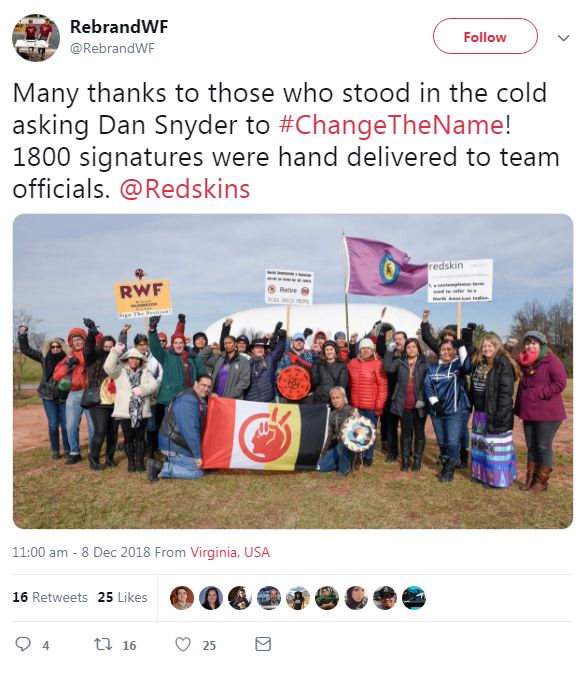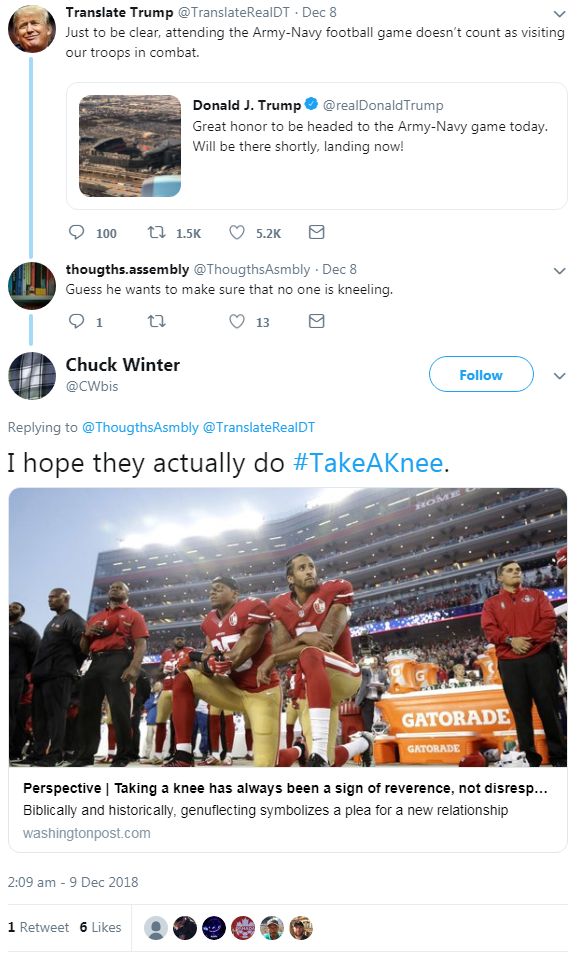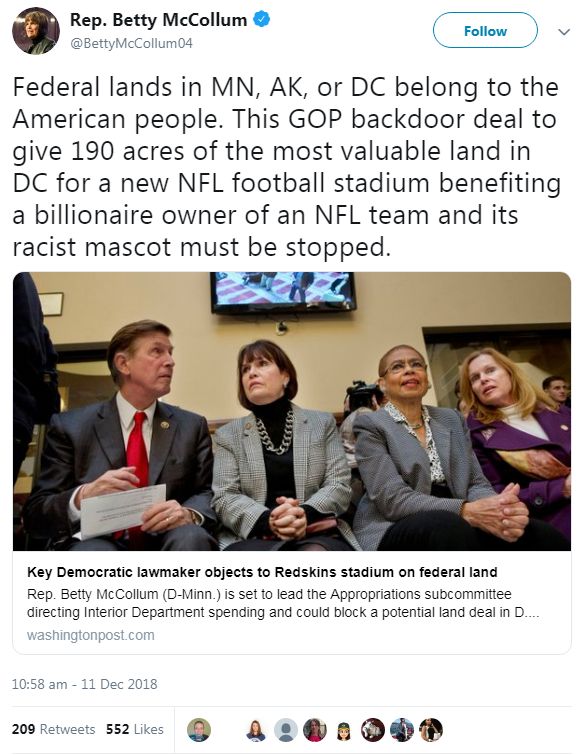The National Football League, suffering from dwindling attendance and negative publicity, seems to be mirroring national trends as it is falling victim to political and economic issues instead of concentrating on what it does best: performing for fans on the field of dreams.
Growing up in the post-industrial city of Pittsburgh in the 1970s, at a time when the steel industry was collapsing and the oil crisis was in full swing, was not always a bed of roses.
I have childhood memories of morning bus rides to school through tough, gritty neighborhoods where newly laid off factory workers – still conditioned to getting up early for work – were seen sipping beer inside of bars at the crack of dawn instead. The full extent of the crisis, however, which went on to create an economic wasteland across a broad swath of the country known as the Rust Belt, is something I failed to comprehend at the time. Only much later did I come to appreciate how the world of sports eased the economic suffering at least to some degree.
The Pittsburgh Steelers, for example, winning four Super Bowls during this time of troubles helped to alleviate, however briefly, the desperation that came with every closed factory and mill. It was poor compensation, of course, but it helped Pittsburgh get through the darkest of times.
Today, however, with such conflicting memories in mind, it is difficult to understand the declining state of football, arguably America’s favorite pastime. Such a phenomenon, it must be emphasized, may presage other problems down the road, and not just in the world of sports.
When a person enters a stadium to watch a sporting event – an activity that predates ancient Rome and its Coliseum – one does so in the unconscious expectation that he or she is leaving their daily worries at the parking lot. Spectator sports facilitates a modern form of escapism, a release of pent-up energies, which has become a critical part of our urban existence, loaded as it is with daily stress and uncertainty. Those safety release valves that have long regulated American society are now becoming destabilized.
Today, escapism through sporting events is threatened as increasingly frustrated fans have become a captive audience to the players’ politically tainted exploits, like ‘taking a knee’ during the national anthem. If these well-paid athletes wished to alienate people from the very issues they are attempting to make public – in this case, excessive police abuse of unarmed Black men – they could not have found a worse way.
NFL quarterback Colin Kaepernick, the athlete- activist who in August 2016 started the trend of ‘taking a knee’ during the singing of the national anthem, arguably had far better ways to promote his activist agenda off the field, and without alienating so many people, not least of all those who support the game with their hard-earned dollars – the fans.
Today, the unemployed Kaepernick is reportedly ready to play for the Washington Redskins, but the negotiations are faltering, and not just because the head coach of the Redskins is adamantly opposed to politically motivated stunts on the field. There is also the political issue of the name ‘Redskins,’ which many people oppose, saying that it is a slur against the Native Americans.

It would seem highly improbably that social warrior Kaepernick would ever find himself wearing a Jersey for a team that is being accused of racism. These are the sort of issues football fans must think about in these days of PC craziness.
Not surprisingly, politicians are busy jumping on the loose ball for their own advantage. Rep. Betty McCollum, D-Minn., for example, who in January will chair the House Subcommittee, said she would block any legislation that allows the construction of a new stadium for the Washington Redskins on public land.
Meanwhile, the media’s uncontestable hatred of the US president breaks through the lines even on the sports pages. Not even Yahoo Sports could avoid making a connection in its reporting on the kneeing fiasco to Donald Trump, who strongly condemned the action on the part of NFL players.
“The actions sparked a political firestorm from President Donald Trump and the furor became such a central issue for the league for nearly one year that it instituted a rule that banned protests during the national anthem,” Charles Robinson wrote. “That rule has since been shelved by the NFL and now appears to be dead, for all intents and purposes.”
Needless to say, this rampant politicization of America’s preeminent pastime is taking a heavy toll at the ticket office.
Today, many stadiums are having more trouble selling tickets than Bill and Hillary Clinton on their North American speaking tour. For example, tickets to watch the Chicago Bears at Soldier Field are going for around $20, while seats at a Green Bay Packers game are as cheap as $10. To watch the popular Steelers play at brand new Heinz field will set you back about $65, although that is dirt cheap compared to previous seasons when tickets were selling for as much as $250.
In fact, things were looking so dismal for the Los Angeles Rams last season that they actually had a casting company recruit professional actors to fill the glaring holes in the stands.
Beyond the regrettable politicization of the sport, there is the question of simple economics that many say has contributed to the spate of unsold tickets to the shows. In other words, an increasing number of Americans can simply no longer afford a day at a football game as they did in the past.
This becomes more understandable when it is realized that the average American is now sitting on about $38,000 in personal debt, and that’s not including home mortgages. That’s an increase of $1,000 from a year ago, according to Northwestern Mutual's 2018 Planning & Progress Study.
The leading source of debt for Americans is credit cards and mortgages, followed by student and car loans, according to the survey. The findings are based on a poll of over 2,000 US adults, including more than 600 millennials.
In total, American households carried a record $13.3 trillion in debt at the end of June, Federal Reserve bookkeepers show. By comparison, the debt figure was $12.7 trillion in 2008 at the time of the Great Recession.
Taken together – the politicization of football, and the breathtaking level of consumer debt – and it becomes obvious why fans are more content to watch the Sunday afternoon game from the comfort of their living rooms, if they watch at all.
Although this may be a passing faze for the NFL, and things will get back to normal as far as fan interest is concerned, there is also the possibility that the current downturn in fan attendance is the proverbial ‘canary in the coalmine,’ a foreboding sign of bad times down the road for the American superpower.
Whatever the case may be, the politicization of football is an unfortunate new phenomenon in the United States and one that greatly reduces the ‘stress reliever’ that so many Americans seek today. That alone is cause for concern.











